Search
Research
Guiding practice principles for clinicians who work with Indigenous peopleCulturally safe healthcare approaches are important to improve outcomes of Indigenous people. Non-Indigenous clinicians are often ill-prepared to provide such healthcare. The NHMRC Centre for Research Excellence (CRE) especially for First Nations Children has been studying for several years how to improve clinical care for Indigenous children with respiratory disease in hospital, clinic, urban, rural and remote settings.
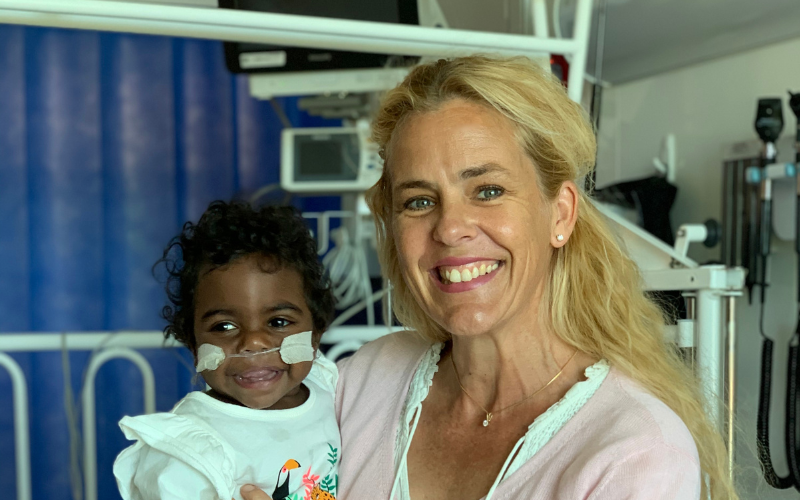
News & Events
Lung health of Aboriginal children hospitalised with chest infections improved following co-designed interventionA co-designed and culturally secure intervention to improve medical follow-up for Aboriginal children hospitalised with acute chest infections resulted in higher follow-up rates and improved longer-term lung health outcomes for children.
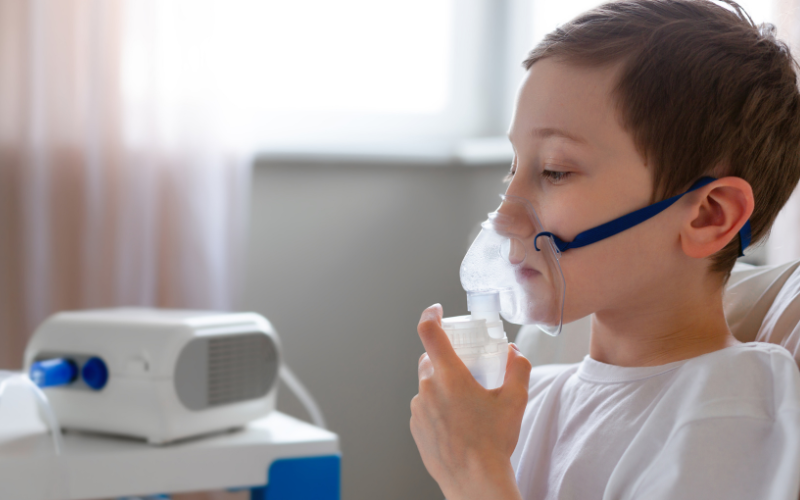
News & Events
Study unlocks new knowledge about the role of immune cells in asthma flare-upsFlare-ups of asthma are usually brought on by respiratory infections, such as the common cold, and are one of the most common reasons for a child to miss school or require emergency care.
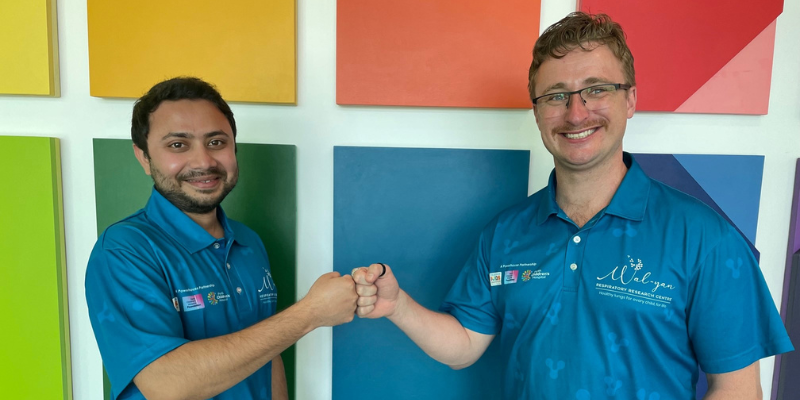
News & Events
Wal-yan Centre scholarship awardees to research interventions for improving lung healthAs part of the Wal-yan Respiratory Research Centre’s aim to support the next generation of scientists in children’s respiratory research, a competitive scholarship program was introduced this year.
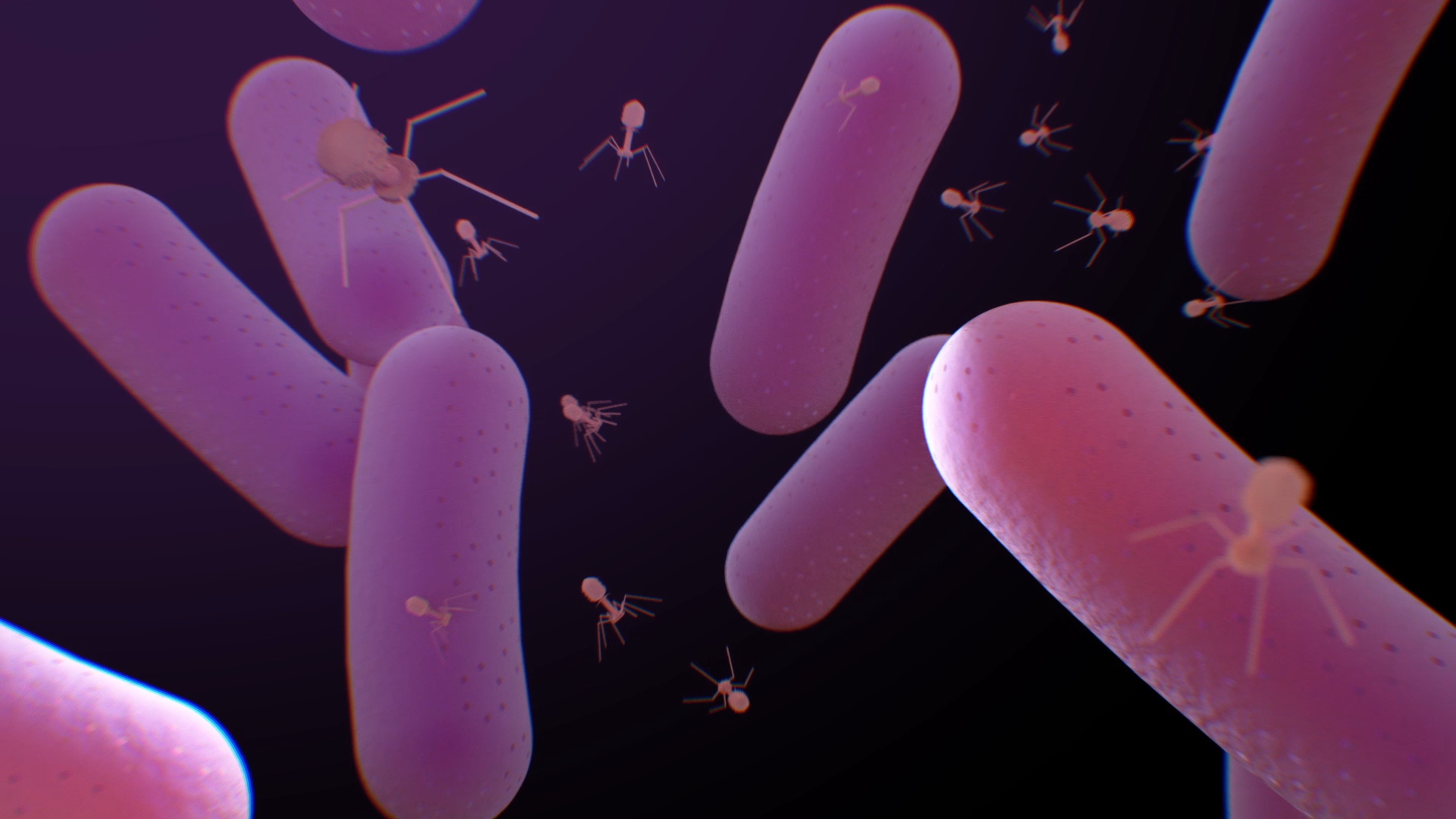
News & Events
A new phage discovery in the fight against Antimicrobial ResistanceJack Canning, a PhD researcher in the Wal-yan Respiratory Centre’s Phage WA team, has made a significant finding in the search for alternative treatments to antimicrobial-resistant (AMR) bacteria.
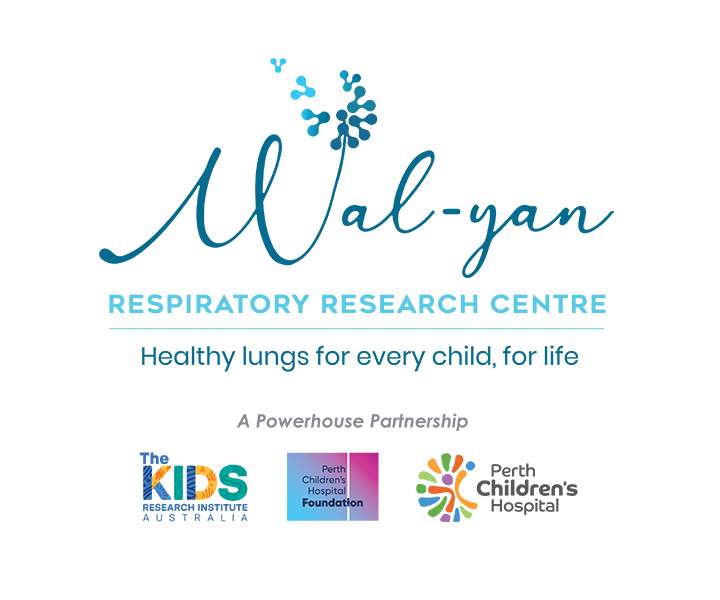
The Wal-yan Respiratory Research Centre is a global epicentre for paediatric respiratory research, informing clinical practice and driving a new research agenda for childhood lung health.
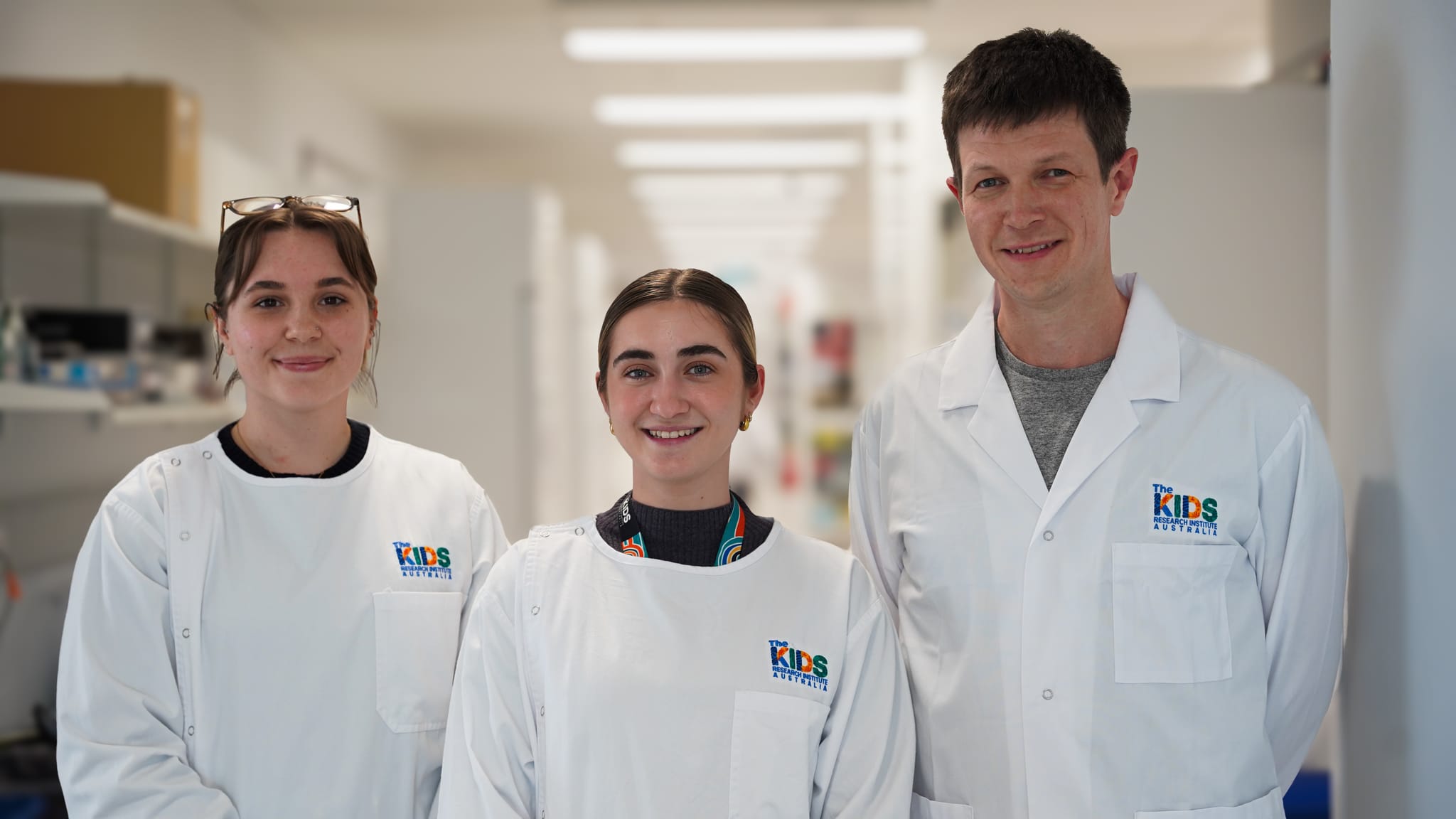
News & Events
Immune patterns linked to childhood asthma riskNew research digs deeper into how children's immune systems handle viral challenges

News & events at Walyan Respiratory Research Centre.

The discoveries that have set our research apart primarily relate to the factors early in life that cause life-long respiratory problems.

Portable equipment is available to enable bedside and community-led research in rural and remote communities, including Indigenous communities where children are disproportionately affected by chronic respiratory conditions.
